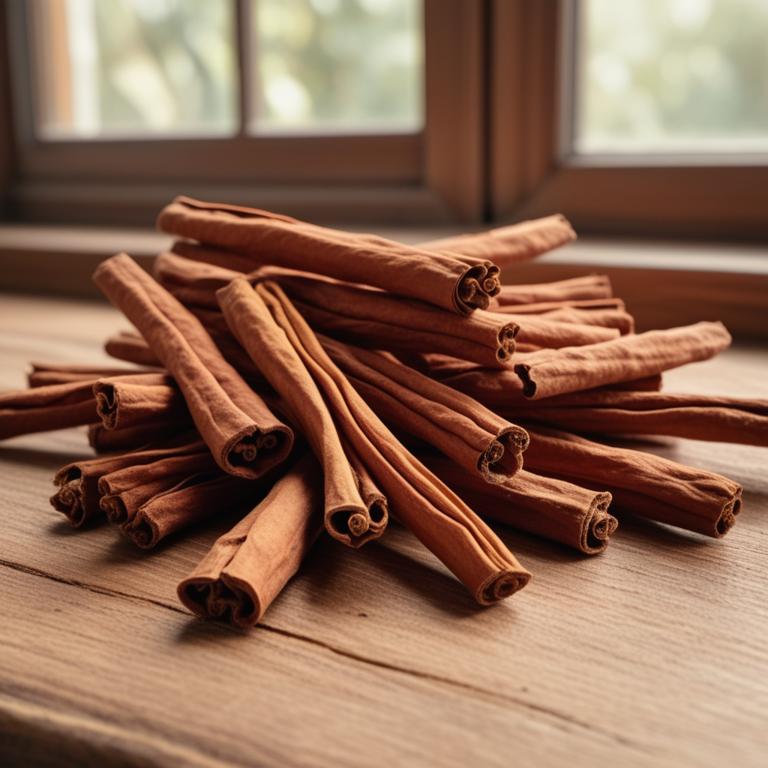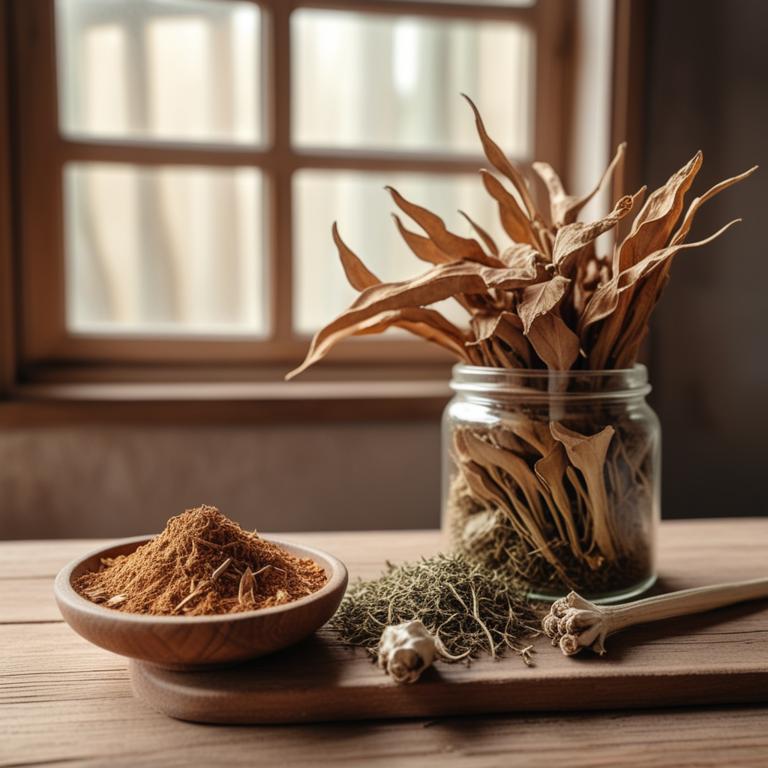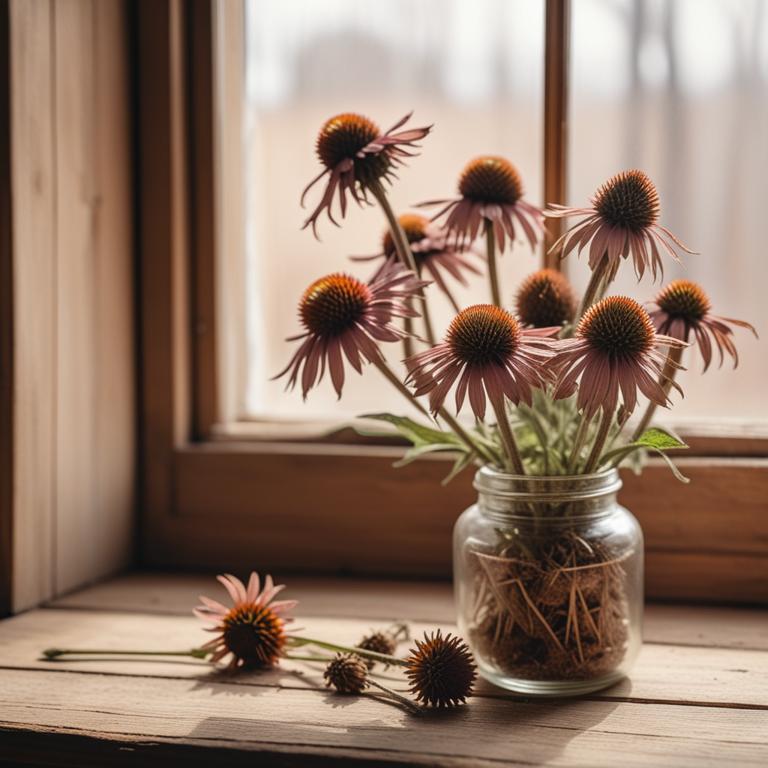Updated: Dec 1, 2024
Natural Dermatitis Treatment: Causes and Medicinal Herbs

Dermatitis is a skin condition that causes redness, itching, and irritation on the skin.
It can be painful and uncomfortable, making everyday activities a challenge. Imagine being unable to wear your favorite clothes or enjoy a warm bath without breaking out in a rash. Dermatitis can be caused by a variety of factors, including allergies, stress, and exposure to harsh chemicals or soaps. When we come into contact with these triggers, our skin reacts by inflaming and becoming irritated.
This is where herbal remedies come in – they can help to soothe and calm the skin, reducing inflammation and promoting healing. Herbs like calendula, chamomile, and lavender are known for their anti-inflammatory and antiseptic properties, making them perfect for soothing dermatitis. To use these herbs, you can make teas by steeping dried flowers in hot water, or apply them topically as a compress or ointment. A warm bath with calendula flowers can be especially soothing, helping to calm itchy skin and reduce redness. You can also make a cooling paste by mixing cooled chamomile tea with a little bit of honey and applying it directly to the affected area.
By incorporating these herbal remedies into your skincare routine, you can find relief from the symptoms of dermatitis and enjoy healthier, happier skin.
Table of Contents
- What triggers the onset of dermatitis?
- What are the advantages of using herbs for the treatment of dermatitis?
- What herbs are most effective in treating dermatitis medically?
- What are the most commonly used herbal treatments for dermatitis?
- What herbs should people with dermatitis be cautious about using?
- FAQ
What triggers the onset of dermatitis?
The main causes of dermatitis are irritants, allergens, soaps, and detergents.
Irritant dermatitis is caused by direct contact with harsh substances that damage the skin's outer layer. This can include strong acids, alkalis, and solvents found in chemicals, cleaning products, and industrial materials. When the skin comes into contact with these irritants, it becomes inflamed and irritated, leading to redness, itching, and swelling. Allergen dermatitis is caused by the skin's immune system reacting to certain substances it perceives as foreign.
Common allergens include pollen, dust mites, and certain metals like nickel. When the skin comes into contact with an allergen, it produces antibodies to fight the perceived threat, leading to an allergic reaction and dermatitis symptoms. Soaps and detergents can also cause dermatitis. Some soaps and detergents contain harsh ingredients like sodium lauryl sulfate, which can strip the skin of its natural oils and cause irritation. Furthermore, some people may be allergic to certain ingredients found in soaps and detergents, which can trigger an allergic reaction and dermatitis.
In general, the causes of dermatitis are often related to environmental factors, personal hygiene habits, and individual sensitivities.
What are the advantages of using herbs for the treatment of dermatitis?
Using herbs for dermatitis can bring relief from itchy and painful skin.
One of the main benefits is that herbs can help soothe and calm the skin, reducing inflammation and redness. This can make it easier to manage symptoms and feel more comfortable.
Some herbs also have antimicrobial properties, which can help prevent infections that can worsen dermatitis. Additionally, herbs can be used topically, allowing you to apply them directly to affected areas, which can be more effective than taking oral medications. This targeted approach can also reduce the risk of side effects.
Some herbs may also help to lock in moisture, reducing dryness and itchiness, and promoting healthy skin.
What herbs are most effective in treating dermatitis medically?
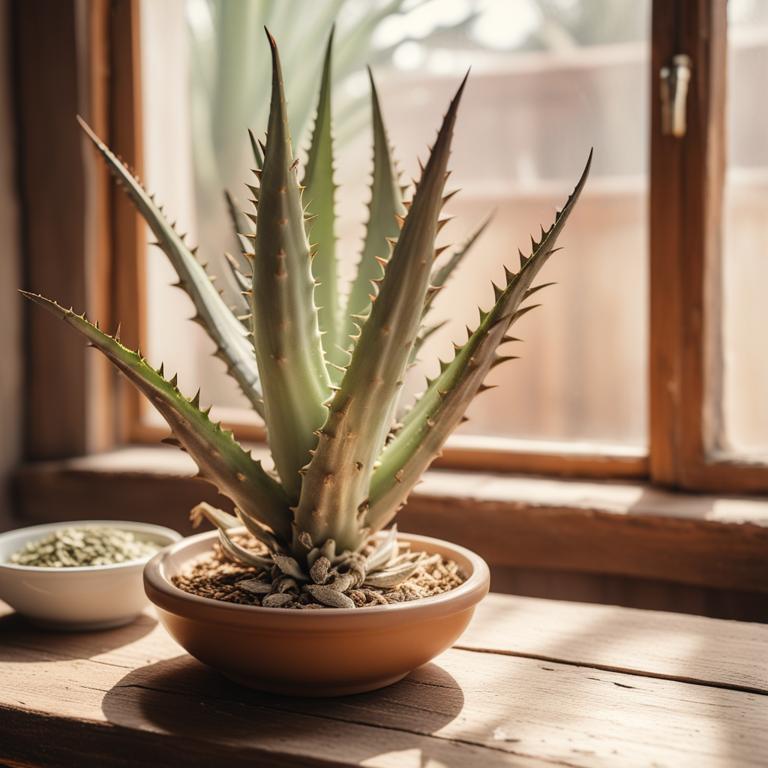
Herbs can be a great help for people with dermatitis.
One of the most well-known herbs for skin problems is Aloe barbadensis. This plant contains a thick, gel-like substance that's very soothing and can calm down red and itchy skin. It's also a great moisturizer, which helps to keep the skin hydrated and supple. Another herb that's often used for dermatitis is Calendula officinalis. This plant has anti-inflammatory properties, which means it can help to reduce swelling and redness in the skin. It's also very gentle, making it a great choice for sensitive skin. People have been using calendula for centuries to treat skin problems, and it's still a popular choice today. Symphytum officinalis, also known as comfrey, is another herb that's often used for dermatitis.
It's a natural anti-inflammatory, and it can also help to speed up the healing process. This makes it a great choice for people with persistent skin problems. Nettle, or Urtica dioica, is another herb that's often used for dermatitis. It's a natural anti-inflammatory, and it can also help to soothe and calm the skin. Some people use nettle to make a tea or a paste to apply directly to the skin. Finally, there's Hypericum perforatum, also known as St. John's Wort. This herb has anti-inflammatory properties, and it can also help to soothe and calm the skin. Some people use it to make a tea or a salve to apply directly to the skin. It's worth noting that while these herbs can be very helpful for dermatitis, they may not work for everyone.
It's always a good idea to talk to a doctor or a healthcare professional before trying any new treatments, especially if you have a severe or persistent skin problem.
What are the most commonly used herbal treatments for dermatitis?
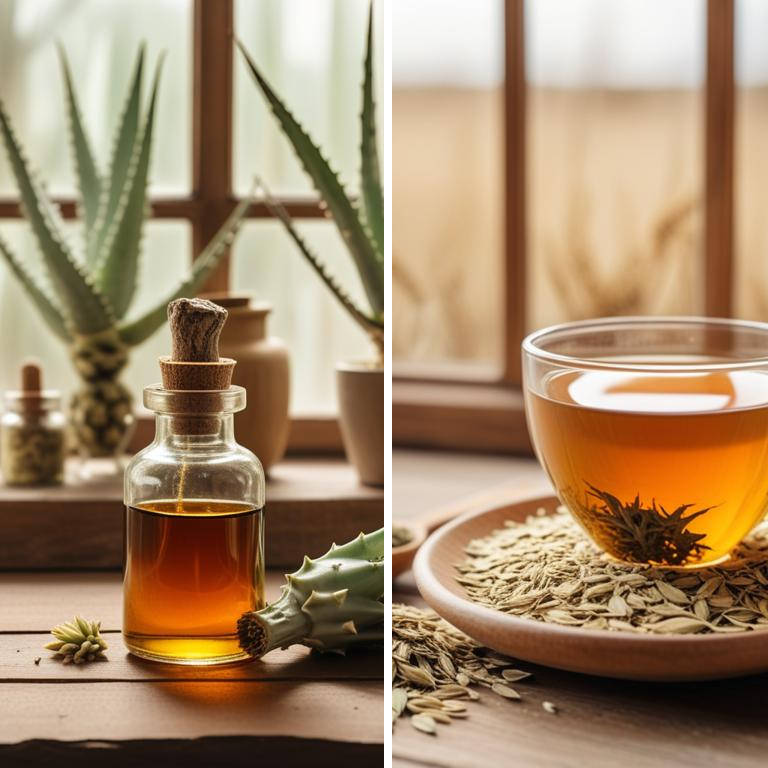
Herbal preparations can be really helpful for people with dermatitis, a skin condition that causes redness and itching.
One way to use herbs is through a decoction, which is like a strong tea that's made by steeping herbs in boiling water. Decoctions can be used to make a compress to apply directly to the affected skin, or they can be taken internally to help soothe the skin from the inside out. Another way to use herbs is by making an ointment, which is a thick, creamy substance that's applied directly to the skin. Ointments are great for soothing and protecting the skin, and they can be made with a variety of herbs that have anti-inflammatory properties.
A salve is similar to an ointment, but it's usually thinner and more easily absorbed into the skin. Salves are great for applying to dry, itchy skin, and they can be made with herbs like aloe vera that are known for their soothing properties. Herbal tinctures are liquid extracts that are made by soaking herbs in a solvent like alcohol or glycerin. Tinctures can be applied directly to the skin or taken internally, and they're great for their antiseptic and anti-inflammatory properties. Finally, herbal teas can be used to make a warm compress to apply to the affected skin, or they can be taken internally to help soothe the skin from the inside out.
Some herbs, like calendula, are especially good for soothing and calming the skin, and can be made into a tea that's both soothing and nourishing.
Additional Resources:
What herbs should people with dermatitis be cautious about using?
If you have dermatitis, it's best to avoid certain herbs that can trigger or worsen skin irritation.
One of these herbs is Rhus toxicodendron, also known as poison ivy. This plant contains urushiol, an oil that can cause an allergic reaction, leading to redness, itching, and blisters on the skin. Sassafras albidum, a tree native to North America, contains safrole, a chemical that can cause skin irritation, especially if you have sensitive skin.
Taxus baccata, or yew, contains taxine, a toxic compound that can cause skin irritation, among other symptoms. If you have dermatitis, using Taxus baccata may make your condition worse. Podophyllum peltatum, or mayapple, contains podophyllotoxin, a chemical that can cause skin irritation and other side effects.
Capsicum annuum, or sweet pepper, contains capsaicin, a compound that can cause skin burning and irritation, especially if you have sensitive skin.
FAQ
Are there any specific herbs that can prevent dermatitis?
Aloe vera is often used to soothe and calm irritated skin.
It has anti-inflammatory properties that can help reduce redness and swelling associated with dermatitis. Chamomile, with its gentle and soothing effects, can also help calm skin irritations.
These natural remedies can provide relief from dermatitis symptoms when applied topically.
Is it safe to use herbal remedies for dermatitis during pregnancy?
If you have dermatitis during pregnancy, it's a good idea to be cautious with herbal remedies.
Some herbs can cause problems for the baby, like bleeding or birth defects. Always check the ingredients and look for warnings about pregnancy.
It's better to be safe than sorry, so try to avoid them or use them under close supervision.
Are there any herbs that can reduce the frequency of dermatitis?
Some herbs like aloe vera and chamomile have anti-inflammatory properties that might help reduce the frequency of dermatitis.
Aloe vera's soothing gel can calm irritated skin, while chamomile's anti-inflammatory compounds may ease redness and itching.
These herbs have been used for centuries to help manage skin conditions like dermatitis.
Can i combine different herbal remedies for dermatitis?
You can combine different herbal remedies for dermatitis, but use them in moderation.
For example, you could mix aloe vera gel with tea tree oil to soothe and calm the skin. Calendula cream might also be added to promote healing.
However, start with small amounts and observe how your skin reacts before increasing the mixture.
Related Articles
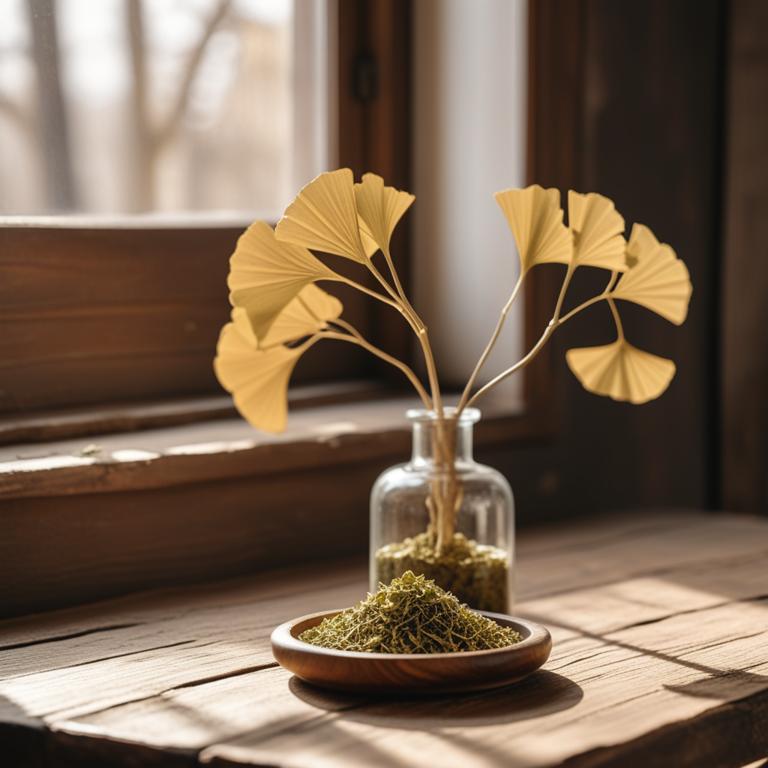
Dark Circles: Causes and Herbal Remedies for a Refreshed Look
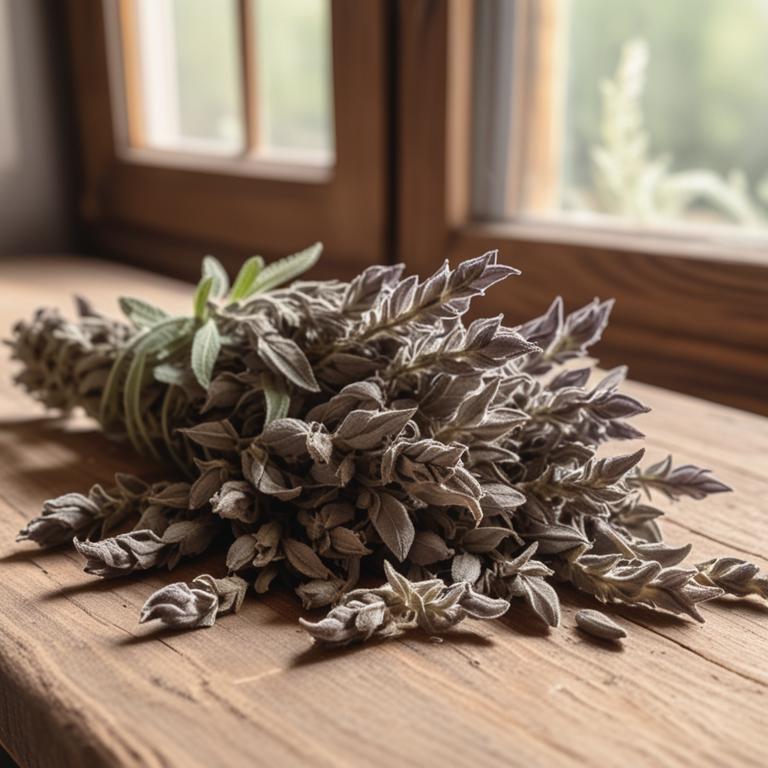
The Natural Approach to Gum Pain: Causes and Herbal Treatments
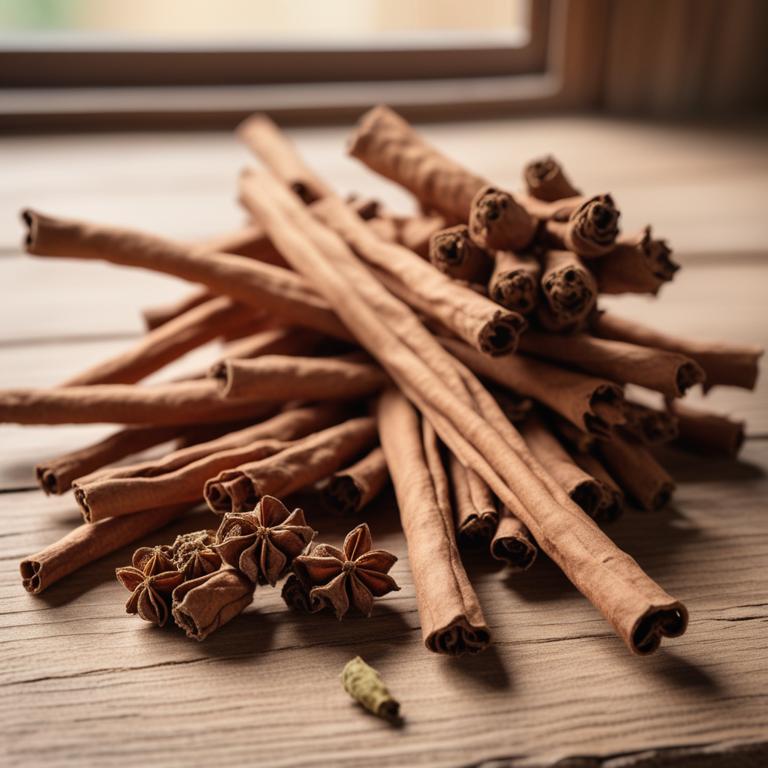
White Tongue: Causes and Remedies Using Medicinal Herbs and Preparations
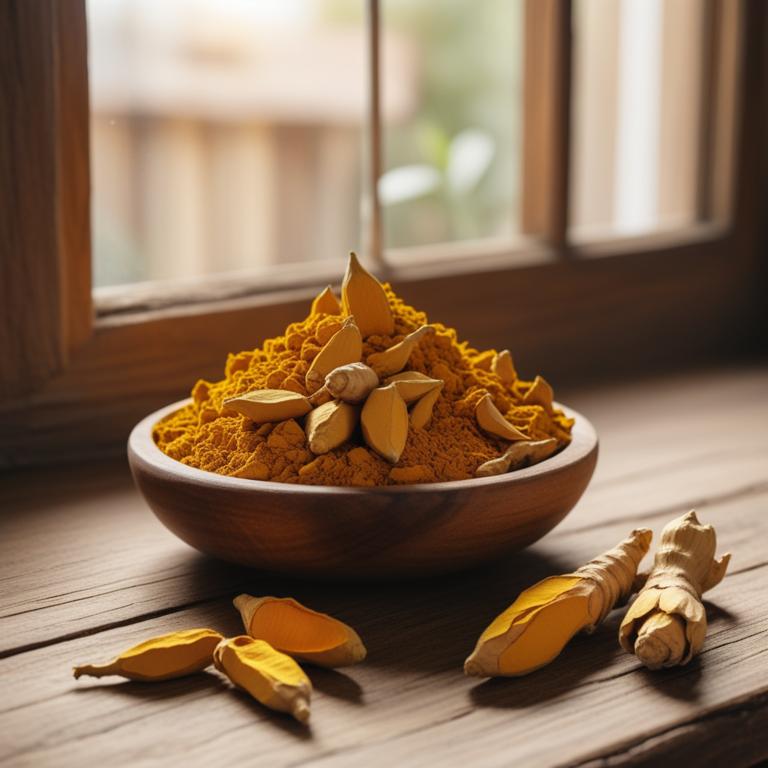
Shingles Causes and Herbal Preparations for Relief

Chickenpox: Causes, Medicinal Herbs, and Natural Cures
